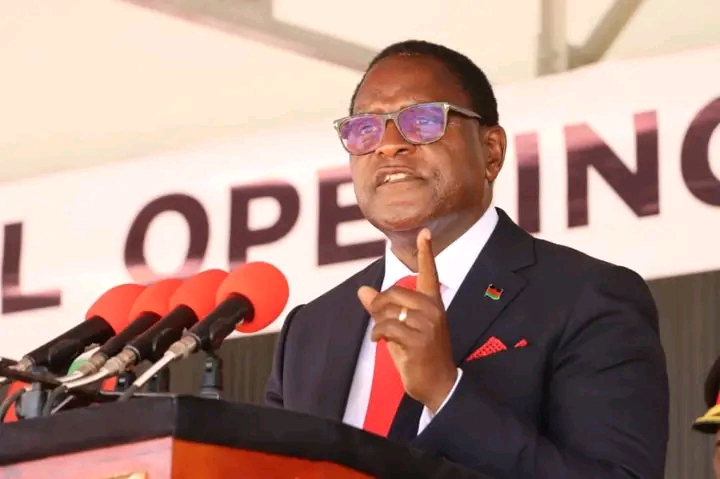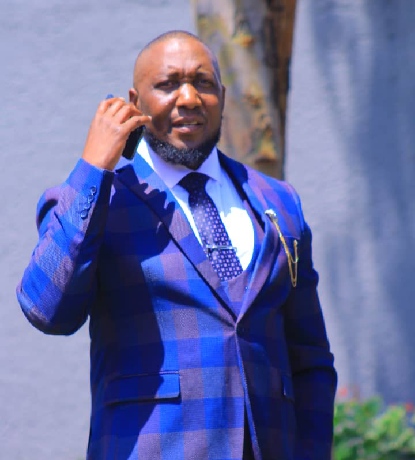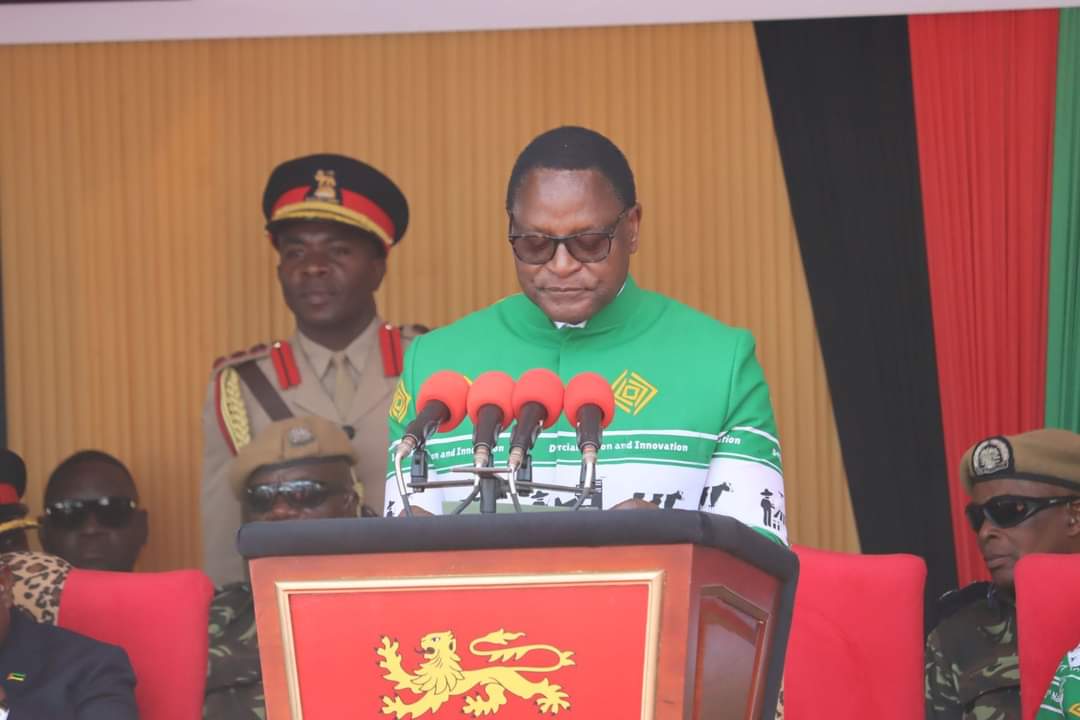By Jones Gadama
In the annals of Malawi’s political history, the forthcoming elections were supposed to mark a beacon of hope—a reaffirmation of democracy, transparency, and peace.
Yet, what unfolds before us is a disturbing spectacle of deliberate obstruction, political manipulation, and a blatant disregard for the democratic process.
At the center of this storm stands President Lazarus Chakwera, whose actions—or glaring inactions—signal not just a betrayal of the people’s trust but a dangerous flirtation with instability and conflict that Malawi is ill-prepared to endure.
The appointment of Anabel Mtalimanja as the Malawi Electoral Commission (MEC) chairperson was immediately met with suspicion and resistance from many Malawians.
This was not mere political nitpicking; it was a rational and justified concern rooted in the undeniable fact that Mtalimanja is closely linked by blood to former MCP President, late John Zenus Ungapake Tembo.
Such a connection raises serious questions about impartiality and the integrity of the electoral process.
The call for her resignation was a clarion cry for fairness, yet it was coldly ignored.
This dismissal of public outcry only served to deepen an already festering mistrust among the citizenry.
It is no secret that the opposition, particularly the Democratic Progressive Party (DPP), has faced systematic marginalization in the composition of MEC. Their grievances, formally submitted and documented, have largely been swept under the rug.
More alarmingly, President Chakwera’s continued rejection of the DPP’s nominees to the MEC is a blatant power play designed to skew the electoral body in favor of the MCP.
With barely ten days remaining before the polls, this obstinate stance is not just reckless—it is an act of political sabotage.
The president’s refusal to appoint a DPP nominee is not a mere administrative hiccup; it is a direct attack on the principles of balanced representation and electoral fairness.
This is a recipe for chaos, a powder keg that threatens to explode into civil unrest. Malawi is a nation with a delicate political fabric, and actions like these threaten to tear it apart.
Yet, Chakwera seems either oblivious or indifferent to the brewing storm, ignoring the seismic consequences that such political brinkmanship could unleash.
The Malawi Law Society (MLS) has rightly questioned the president’s delay and its potential fallout, spotlighting the erosion of trust, transparency, and accountability.
The gravity of the situation cannot be overstated. When the very body tasked with safeguarding justice raises alarms, it is a clear sign that the nation is heading toward peril.
Equally concerning is the emergence of “Concerned Citizens,” warning of massive demonstrations should the president fail to act responsibly.
This is not mere rhetoric; it is a forewarning of the public’s boiling frustration and readiness to take to the streets.
What is striking—and frankly baffling—is the deafening silence from human rights organizations and the Public Affairs Committee (PAC), both of which have a moral and civic duty to hold power to account. Their failure to vocally condemn the president’s actions is tantamount to complicity.
PAC, in particular, is supposed to be the watchdog ensuring that democratic processes are upheld.
Instead, it has been an impotent bystander, allowing the president’s reckless behavior to go unchecked.
This passive stance emboldens Chakwera, giving him a green light to continue undermining the electoral process.
The imbalance in MEC commissioners—where the MCP holds all three seats while the DPP is left with only two—exacerbates the problem. This is not an accidental oversight but a calculated maneuver to monopolize decision-making.
The electoral commission, which should be an impartial arbiter, is being weaponized as a tool of political advantage.
Such an imbalance is a direct assault on the democratic ideal of fair competition and threatens to delegitimize the entire electoral exercise.
President Chakwera’s actions reflect a disturbing departure from his past as a Reverend who once preached peace, unity, and salvation from the pulpit.
The man who once symbolized hope and moral leadership now appears consumed by political expediency and power consolidation.
His refusal to rise above partisan interests and protect the sanctity of the electoral process betrays a lack of vision and responsibility.
This is not the leadership Malawi needs at this critical juncture; it is the leadership that will plunge the country into division and conflict.
The stakes could not be higher. Malawi stands on the precipice of potential chaos, with the president’s actions acting as a catalyst for instability.
The forthcoming elections, instead of being a celebration of democracy, risk becoming a battleground that fractures the nation.
Chakwera’s deliberate obstruction of a balanced MEC is not merely a governance failure; it is a provocation that could ignite civil war.
The country cannot afford to gamble with peace and stability, yet the president’s conduct shows a reckless disregard for these fundamental values.
The evidence is clear and damning. President Lazarus Chakwera’s handling of the MEC appointments reveals a willful intent to manipulate the electoral process, disenfranchise opposition voices, and tilt the scales in favor of his party.
This is not leadership; it is a dangerous game of political chess with Malawi’s future as the ultimate casualty.
The silence of the PAC and human rights groups only compounds the crisis, signaling a collective failure to uphold democracy.
Malawians must remain vigilant and vocal, demanding accountability and transparency. The international community should also take note and apply pressure where necessary.
The path Chakwera is charting leads not to peace and credible elections but to turmoil and possibly civil war.
The time for complacency has passed—Malawi’s democracy, peace, and unity depend on it.




